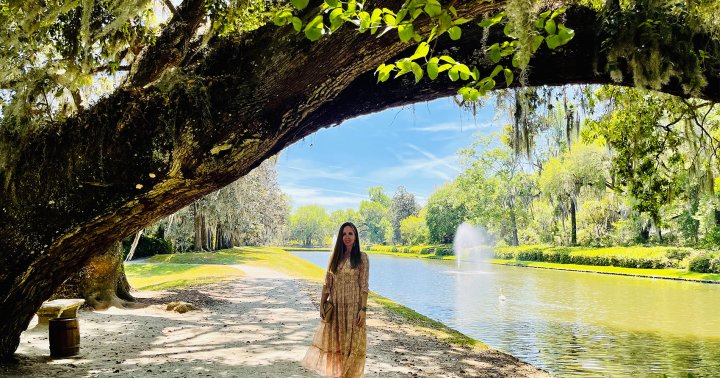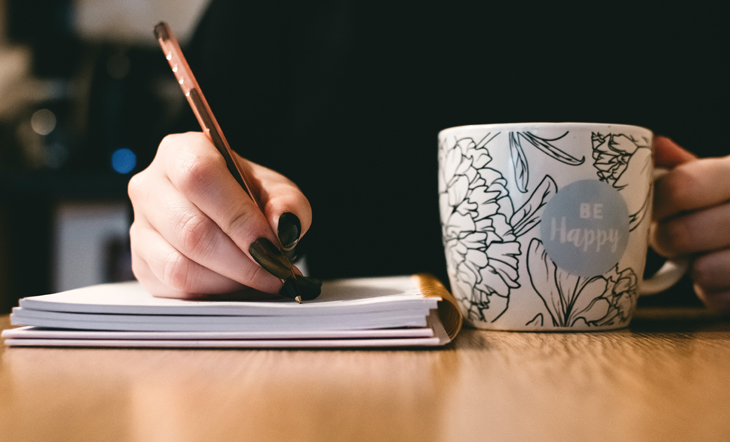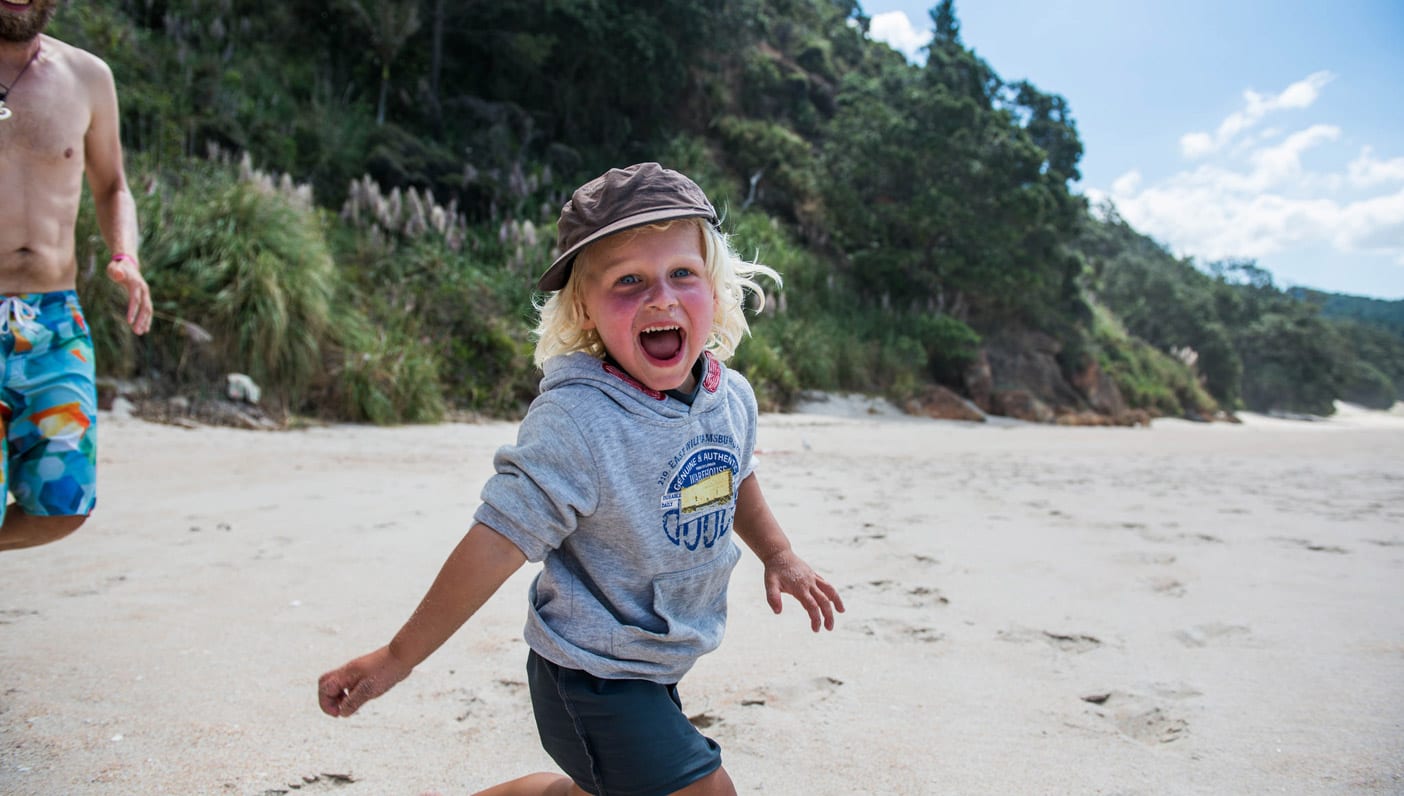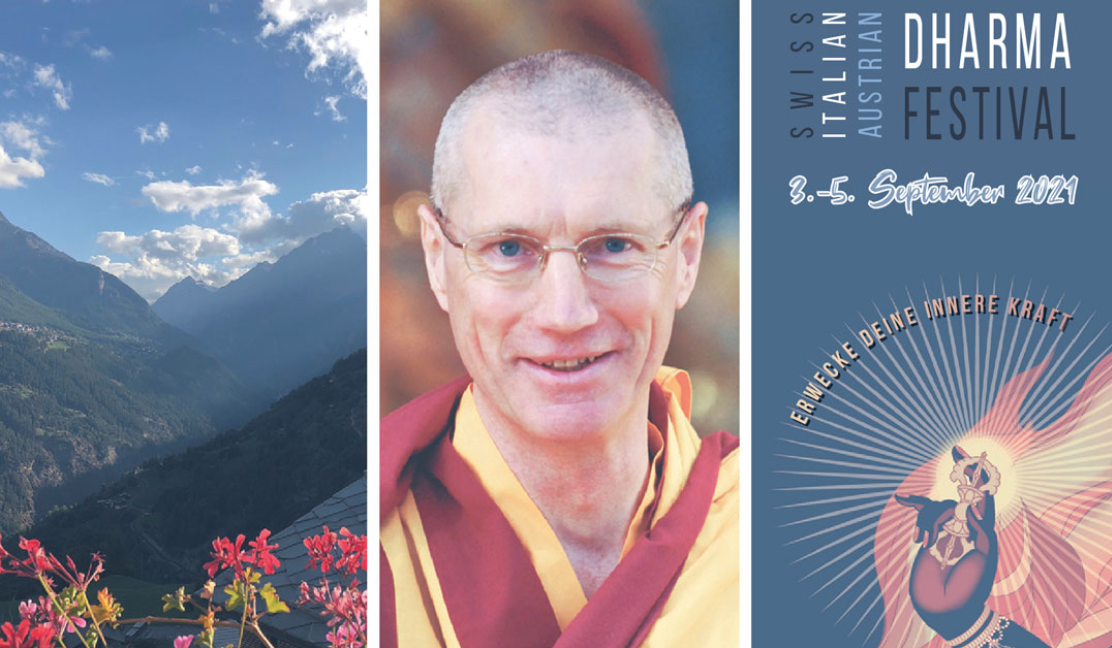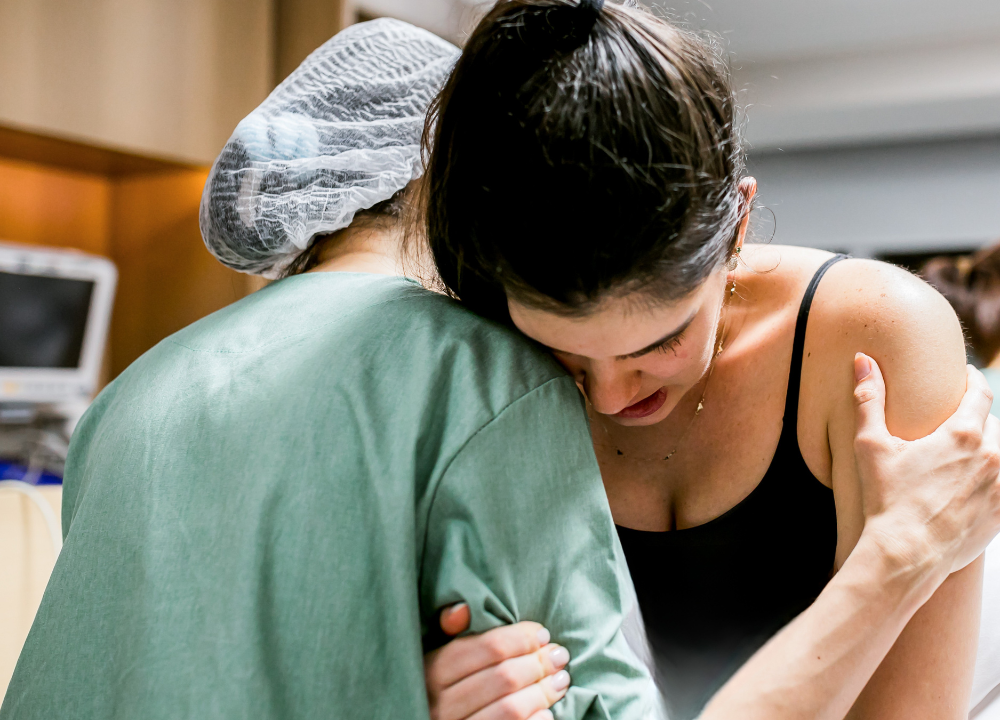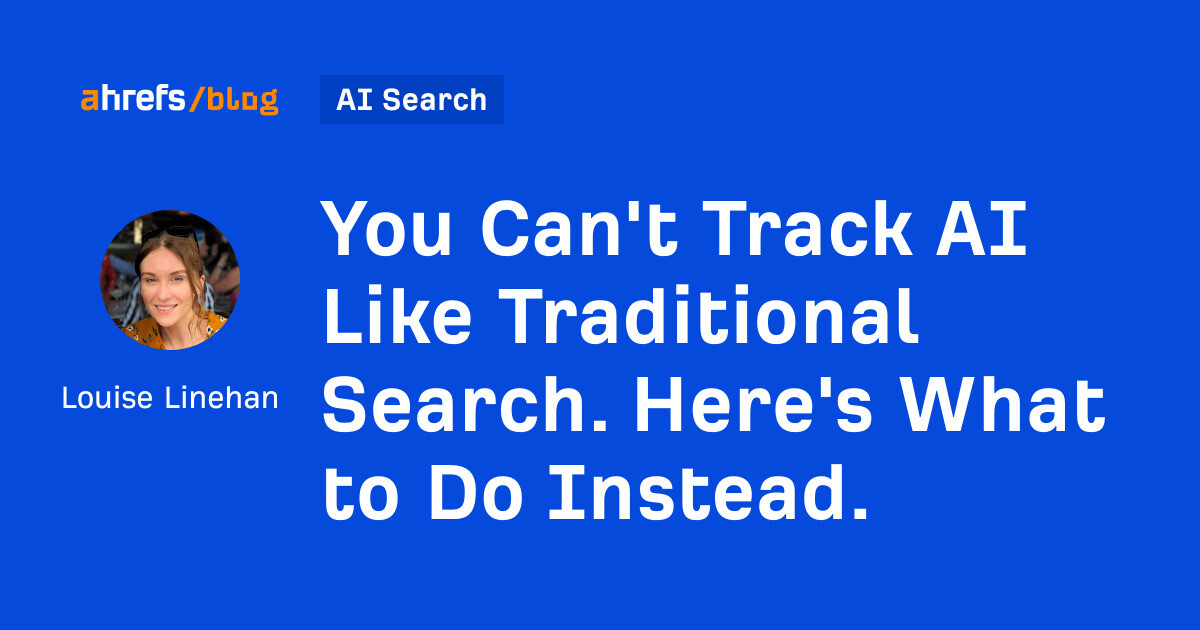Good Grief
Naming the pain we feel from environmental change can help us live with our emotions. The post Good Grief appeared first on Tricycle: The Buddhist Review.
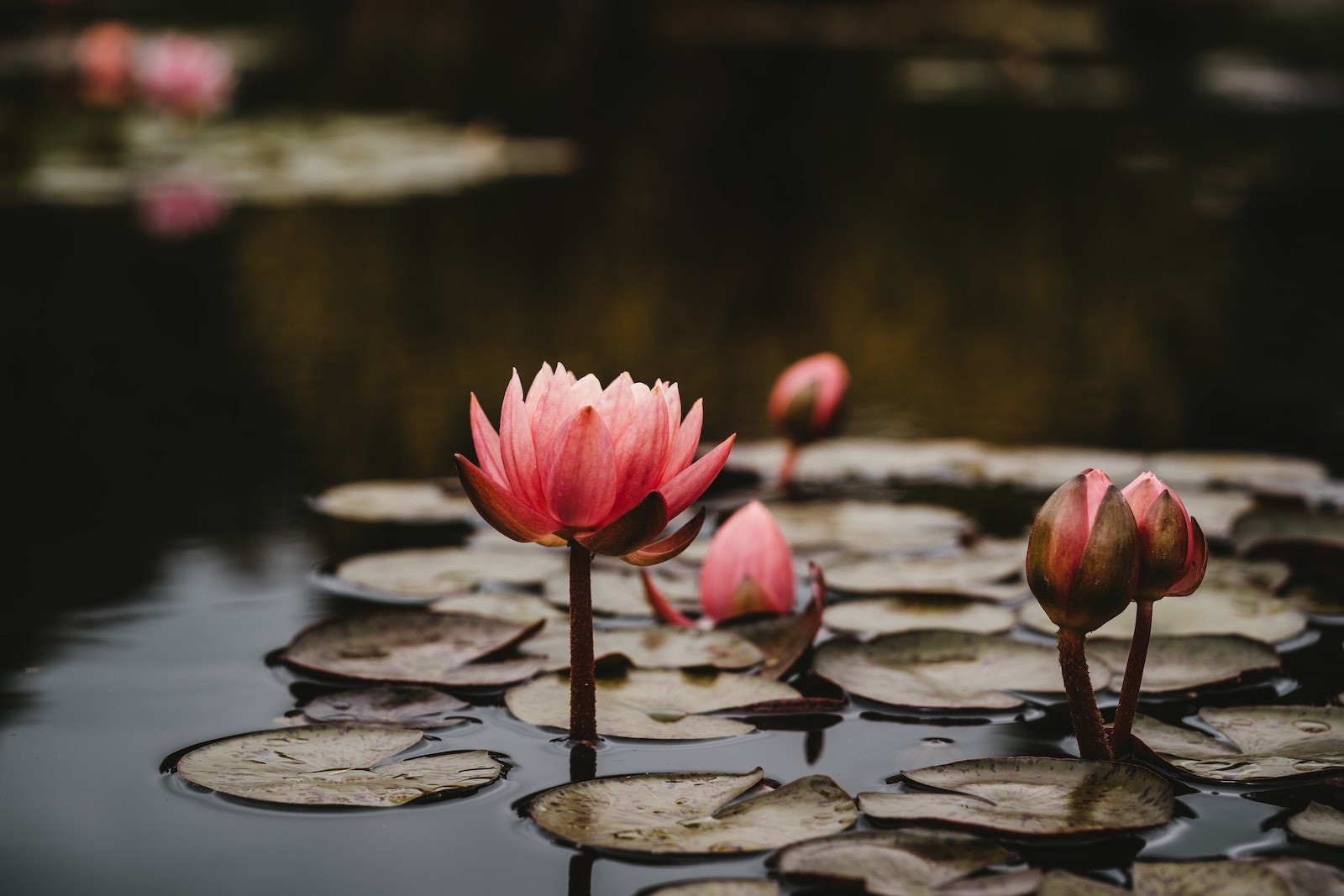
Trike Daily EnvironmentTeachings
Naming the pain we feel from environmental change can help us live with our emotions.
By William deBuysApr 08, 2022 Photo by Xuan Nguyen on Unsplash
Photo by Xuan Nguyen on UnsplashIn 2005, Glen Albrecht, an environmental philosopher in Australia, coined the term solastalgia to denote “the pain or sickness caused by the loss of [connection to] home and territory.” He had studied and campaigned against various forms of environmental degradation, and he felt that the psychological impacts of land and place destruction were generally overlooked. To make his new word, he took the root sola, contained in both solace and desolation, and combined it with algia, meaning pain or sickness.
Albrecht thought solastalgia was a factor in Australia’s rising suicide rate, which seemed especially pronounced among drought-stricken farmers and among people displaced by the vast open pit coal mines of New South Wales. He further conjectured that solastalgia might be a factor in an especially worrisome worldwide statistic, the doubling of the global suicide rate over the past fifty years.
As a term, solastalgia may not have caught on, but the affliction it describes, to judge from internet hits for search terms like “environmental grief,” appears to be ever more widely felt. Mental health surveys of Greenlanders and others in the crosshairs of climate change add substance to such speculation. When environmental changes undermine the ability of people to live in familiar ways in familiar places, they suffer.
Naturally, the counseling classes have tried to assuage the pain, but their efforts don’t always rise above banality (“be more optimistic”) or New Age woo-woo (“you are experiencing a healthy adaptive response, a life force flowing through you”). The unsurprising reality is that our health and well-being depend upon our connections to the world around us and when those connections begin breaking we grieve for the losses we feel and for the damage those losses engender. That’s solastalgia. The worst injuries are those you don’t “get over.” At best, you learn to live with them. The question is how.
In her 2008 book Standing at the Edge: Finding Freedom Where Fear and Courage Meet, American Zen teacher and anthropologist Roshi Joan Halifax describes grief as an “edge state” that can lead to enormous growth. It humanizes and unifies us in an experience of loss shared by all humankind; it humbles us before powers we cannot control; and, having broken our hearts, it opens them wider and broadens our compassion. But like other edge states (altruism and empathy among them) grief is a “dangerous landscape” where we can “lose our footing.” Without proper balance, we can “slide into the mire,” where the emotion becomes all-consuming, crippling, and toxic. It places us in a landscape of risk. When altruism becomes “pathological,” it does harm to those who practice it and those they serve. But it is also plainly essential to the good of the world. Empathy is no less so, yet knowing and feeling the suffering of others also requires balance lest suffering overwhelm the sharer. Grief the same. It cannot be avoided. The trick is to navigate the bivalent nature of each of these states, building good from bad.
As Halifax would put it, “No mud, no lotus.”
♦
In honor of Earth Day 2022, Tricycle is bringing together leading Buddhist teachers, writers, and environmentalists—including Joanna Macy, Roshi Joan Halifax, David Loy, Paul Hawken and Tara Brach—for a donation-based weeklong virtual event series exploring what the dharma has to offer in a time of environmental crisis. Learn more here.

Get Daily Dharma in your email
Start your day with a fresh perspective

Explore timeless teachings through modern methods.
With Stephen Batchelor, Sharon Salzberg, Andrew Olendzki, and more
![]()
Thank you for subscribing to Tricycle! As a nonprofit, we depend on readers like you to keep Buddhist teachings and practices widely available.
This article is only for Subscribers!
Subscribe now to read this article and get immediate access to everything else.
Already a subscriber? Log in.

 MikeTyes
MikeTyes 









